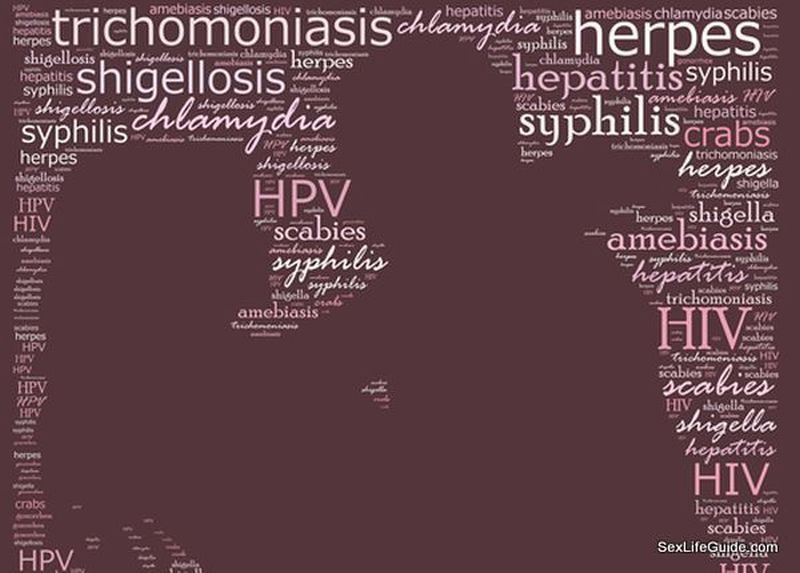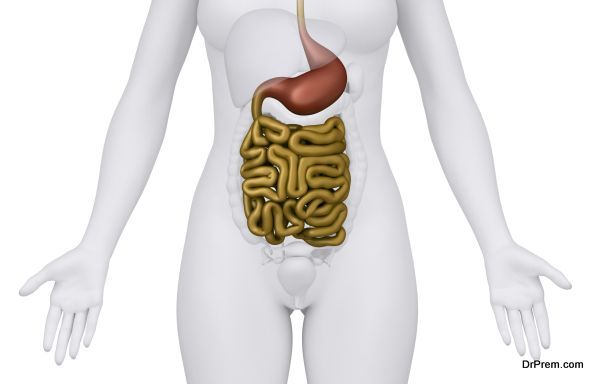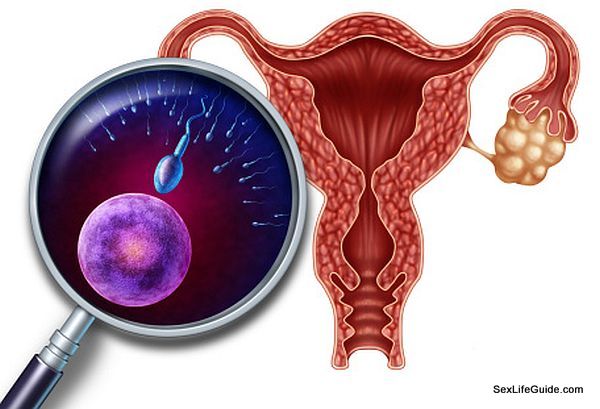The statistics surrounding STDs in America are staggering. A recent report showed that 25% of Americans have an incurable STD (sexually transmitted disease). And what’s even more frightening, is that nearly 85% (or 42 million people) have herpes and don’t even know it. What makes this lack of knowledge so scary is that STDs are easily spread from one partner to the next through sexual activity, when no protection is used. Not knowing you have an STD not only puts you at risk but also any potential partners you might have. If you’re worried about getting tested, don’t be! An at-home test like 24-7Labs helps avoid embarrassment by letting you check for an STD in the comfort of your own home. Keep reading to discover some of the most common signs that you might have an STD so you can get tested and get treatment.
1. Pain During Sex
 One of the first signs that something is wrong “down there” is that you’re experiencing pain during sexual intercourse. After all, people have sex to feel good, not be in pain. This can happen for both men and women, depending on the type of STD. Pain during intercourse is most common for women who may have sores or an irritation inside the walls of their vagina. Common causes of this include chlamydia and gonorrhea. Gonorrhea should be taken very seriously, given the speed with which it spreads and the fact that it can cause infertility in both men and women if left untreated.
One of the first signs that something is wrong “down there” is that you’re experiencing pain during sexual intercourse. After all, people have sex to feel good, not be in pain. This can happen for both men and women, depending on the type of STD. Pain during intercourse is most common for women who may have sores or an irritation inside the walls of their vagina. Common causes of this include chlamydia and gonorrhea. Gonorrhea should be taken very seriously, given the speed with which it spreads and the fact that it can cause infertility in both men and women if left untreated.
2. Itching and Irritation
Severe itching, irritation, or a skin rash in the genital area could also be a sign of a sexually transmitted disease. While not all STDs manifest as a rash, scabies is one that many men suffer from. Tiny mites (similar to crabs) bury themselves in a man’s public hair and then burrow under the skin and lay eggs. A rash and skin irritation develops soon after. Irritation from STDs is common in both men and women and often times, the redness worsens because sufferers can’t help but scratch the infected area.
3. Discharge with Odor

Some discharge from the vagina is common for many women both leading up to and following their period. But if you notice the discharge is not normal in color is accompanied by an odor, it can be a sign of something else. A common cause of vaginal discharge is an STI (sexually transmitted infection) known as trichomoniasis. Trichomoniasis is caused by a parasite and not only affects the vagina but also the urinary tract and digestive system. One of the most common symptoms is a foul smelling discharge. This is often mistaken for a yeast infection, which has symptoms of its own and isn’t caused by the spread of sexually transmitted diseases.
4. Bumps, Sores, or Warts
These are some of the most common symptoms associated with STDs. Most people believe they’ll visibly see warts or sores on a potential partner and know right away that they have an STD. This isn’t always the case. In fact, many STDs show no symptoms at all, until the disease has been present for some time. But genital warts are one STD where bumps and sores are visible on the penis and vagina. Herpes is the main cause of visible signs of an STD and affect both men and women equally. It’s also easily spread and once you have herpes, you are always at risk for another flair up.
5. Other Symptoms

Not all STD symptoms are as obvious as you may think or even related to the genital area of the body. Dramatic weight loss and digestive issues are two common signs you may have a sexually transmitted disease or infection. Many STDs affect the urinary tract and can easily spread or impact the digestive system as well. Aches, pains, and even fever and chills may also be signs that something is amiss. Jaundice, or the yellowing of the skin, could mean you have HBV (Hepatitis B).
Sexually transmitted diseases are more common than you might think. And oftentimes, sufferers don’t even realize they have one! Getting checked out and being aware of your body and how it normally functions are important first steps at diagnosing and treating STDs. Always be up front and honest with all sexual partners and always use protection.
Article Submitted By Community Writer




